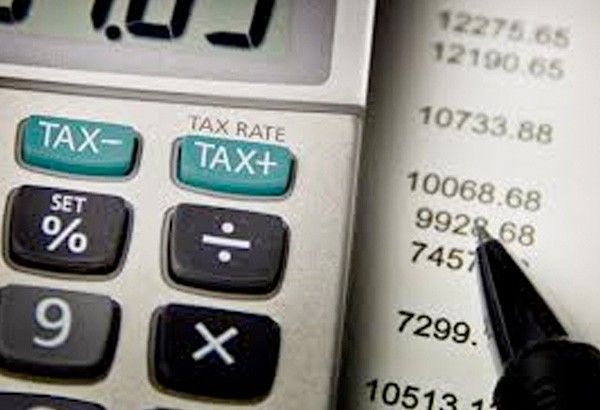‘Vanity tax no substitute for higher oil excise tax’

MANILA, Philippines - A proposal to tax beauty and cosmetic products cannot substitute for a contentious government plan to raise oil excise levies, economic managers said yesterday.
“Negative,” Budget Secretary Benjamin Diokno said in a text message.
“Vanity tax is based on a narrow base and elastic, meaning easy to avoid. Tax on gasoline and diesel oil is broad-based and inelastic,” he said.
Separately, Finance Secretary Carlos Dominguez said the proposal of Ako-Bicol partly-list Rep. Rodel Batocabe is “not in our package of reform” and is unlikely to be included.
Finance Undersecretary Karl Kendrick Chua agreed, saying in a separate text message “it cannot replace” the additional P199.6 billion in revenues to be generated by higher oil excise tax rates.
Batocabe made the suggestion to tax make-up and other cosmetic products after Congress opposed the DOF’s plan for bigger petroleum levies, saying this would impact on the poor such as public utility vehicle drivers.
Under the first package of the reform, gasoline tax rates will be raised to P6 per liter, while a similar rate will be applied to diesel, originally exempted from such levy.
Dakila Cua, chair of the House ways and means committee hearing tax proposals, declined to comment on vanity tax. “I have not seen the details of the said vanity tax,” he said in a text message.
Sought for comment, Emilio Neri Jr., lead economist of Bank of the Philippine Islands, agreed with the economic managers.
“There is a tendency that demand will soften on these products once you raise taxes on them, making adequate proceeds quite low,” Neri said in a phone interview.
“This means consumers are sensitive to price change,” Neri said.
He said the proposal, whose details remained unclear as of press time, is not similar to taxing other vices such as cigarettes and liquor products expanded under Republic Act 10351.
“Consumers can easily shift to other products (in terms of vanity tax),” Neri said, adding it is still unclear what products will be specifically taxed.
For now, the DOF is busy pushing for the first of the five packages of tax reform it plans to pass by 2019. That target is under threat with their proposal still unnumbered since being filed in September.
Chua reiterated higher oil levies would not impact the poor, who will be supported by cash transfers as well as discount cards for the public transport sector.
“Also, the economy was growing, resulting in higher incomes for many Filipinos. All these mean that the increase in fuel excise is manageable and minimal,” he said in a statement.
Cua, for his part, said he is nearly finished crafting a “compromise” tax reform bill, which according to sources, will stagger the oil price increases to make them more amenable to legislators.
Neri left some warning. “If they are not able to pass the necessary measures to improve the revenue effort then it will be difficult to deliver the infrastructure projects,” he said.
- Latest
- Trending































